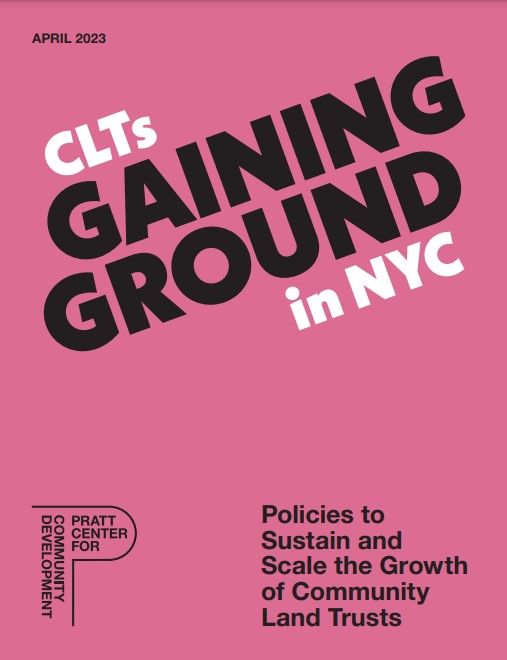April
2024
1
Letter in Support of CFPB Overdraft Lending Rule
[Download PDF] Comment Intake—2024 NPRM Overdraft c/o Legal Division Docket Manager Consumer Financial Protection Bureau 1700 G Street NW Washington, DC 20552 Re: Overdraft Lending: Very Large Financial Institutions Docket No. CFPB-2024-0002 To whom it may concern: We write in strong support of the Consumer Financial Protection Bureau’s (CFPB) proposed rule governing Overdraft Lending: Very […]
